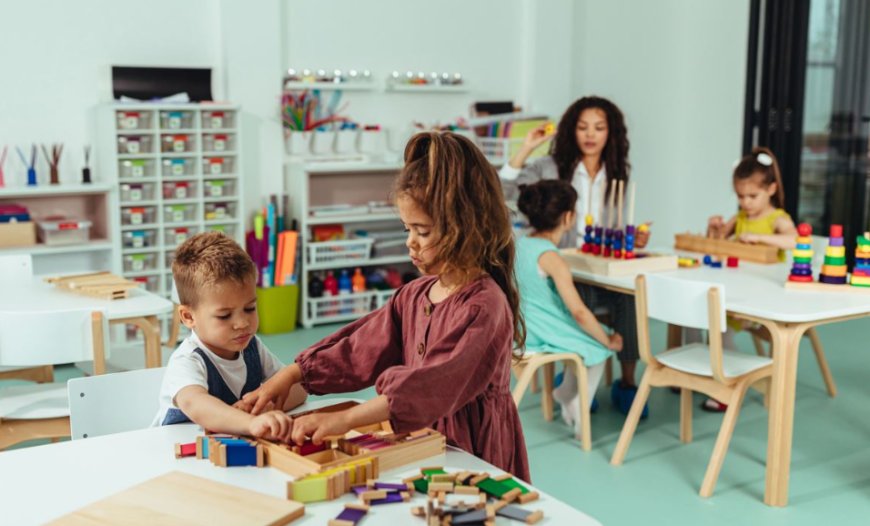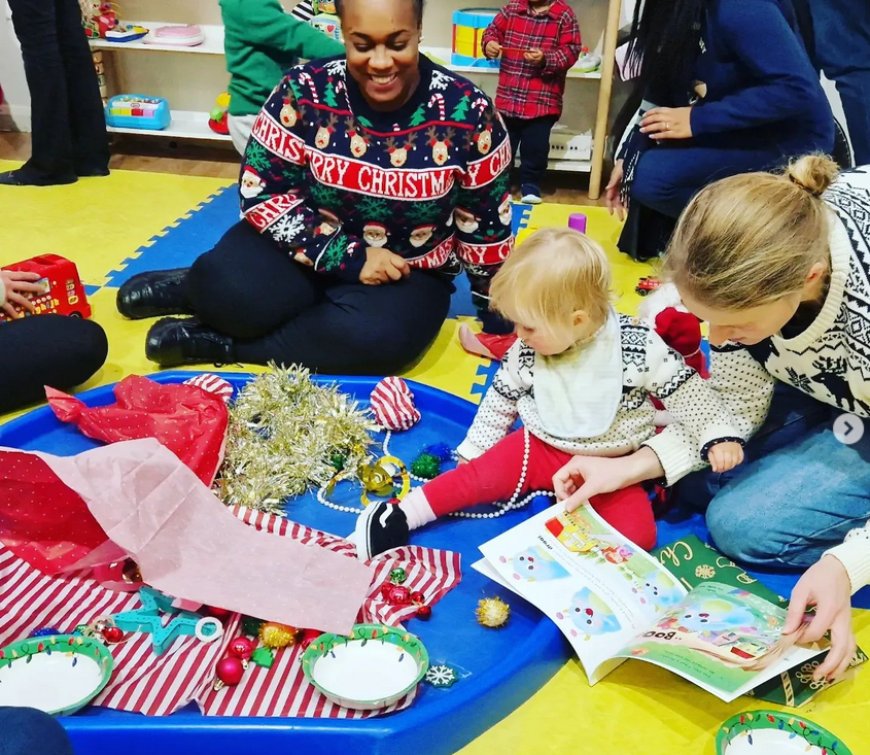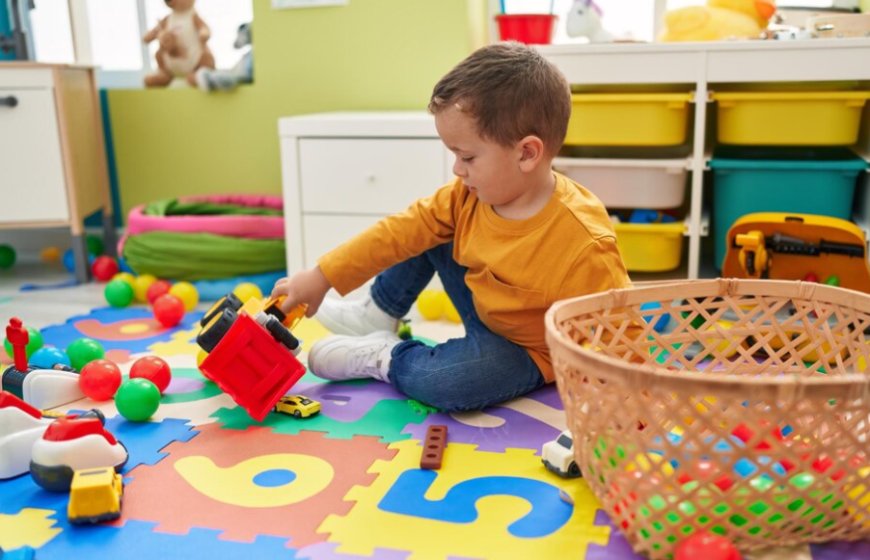How Montessori Teaches Life Skills Through Practical Activities

In early childhood, every moment is a learning opportunity. From pouring water to buttoning a coat, children are constantly developing the skills theyll carry through life. The Montessori Nurseryrecognises this and makes these everyday moments part of the learning process.
Rather than separating "real life" from education, Montessori brings them together in a way that feels natural and empowering for young children. Lets explore how this unique method helps children learn real-world skills not through worksheets or lectures, but through hands-on experience.

Why Life Skills Matter in Early Childhood
Life skills are the everyday abilities that help children become confident, capable, and independent. These include:
-
Getting dressed on their own
-
Preparing snacks
-
Cleaning up after themselves
-
Managing routines and time
-
Solving small problems independently
When children develop these skills early, they build strong foundations for responsibility, focus, and self-esteem. They also feel more in control of their environment something that leads to greater emotional stability.
Practical Life in Montessori Explained
In a Montessori setting, children are encouraged to take part in Practical Life activities tasks that mimic real-life responsibilities in a child-sized way.
These may include:
-
Pouring water into a glass
-
Washing hands or dishes
-
Sweeping the floor
-
Watering plants
-
Setting the table
-
Polishing wood or mirrors
-
Folding cloths or napkins
These activities may seem simple to adults, but to a child, they are full of purpose and challenge. They also help develop fine motor skills, concentration, and order all key to successful learning later in life.
How the Montessori Approach Supports This Learning
The Montessoriis designed to support independence. Classrooms are thoughtfully prepared with real tools, child-sized furniture, and materials children can access on their own. Instead of stepping in to help right away, adults act as guides showing children how to complete tasks and then allowing them to try (and try again) at their own pace.
Heres how this method nurtures life skills:
1. Encourages Repetition
Children are free to repeat an activity as many times as they like. This builds mastery, confidence, and deeper understanding.
2. Focuses on Process, Not Product
Theres no rush to get it right. The emphasis is on effort, patience, and learning through doing.
3. Builds Responsibility
When children participate in caring for their environment, they learn that their actions matter and they begin to take pride in helping.
4. Promotes Order and Routine
Montessori activities are structured in steps. This teaches children how to follow sequences, complete tasks, and manage time.
Life Skills That Last Beyond the Classroom
What starts with pouring juice or folding a towel evolves into much more:
-
Better problem-solving
-
Increased confidence
-
Stronger executive function (the ability to plan, focus, and follow through)
-
A sense of ownership over their actions

These are not just school skills they are life skills that support children in becoming capable, kind, and independent adults.
In a world where children are often rushed or overly protected, the Montessori approach offers something powerful: the chance to learn life skills naturally, through meaningful work and guided independence.
By valuing everyday tasks as part of the curriculum, Montessori gives children the tools to succeed not just in school, but in life.
Would you like to see how this works in action? Visiting a Montessori classroom can be a wonderful way to see how practical life learning takes shape in real, joyful ways.
















![Top 9 Real Estate Mobile App Developers in Riyadh, Saudi Arabia [2025 Edition]](https://www.biphoo.uk/uploads/images/202507/image_430x256_6879d0d524335.jpg)


















